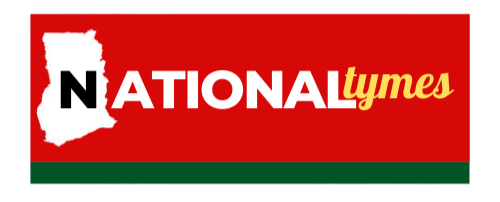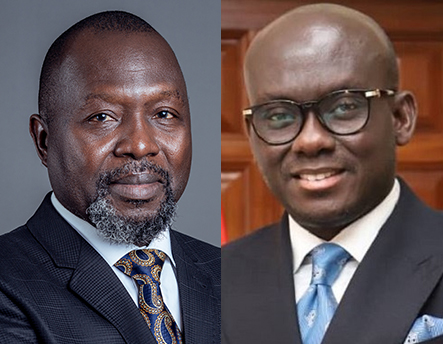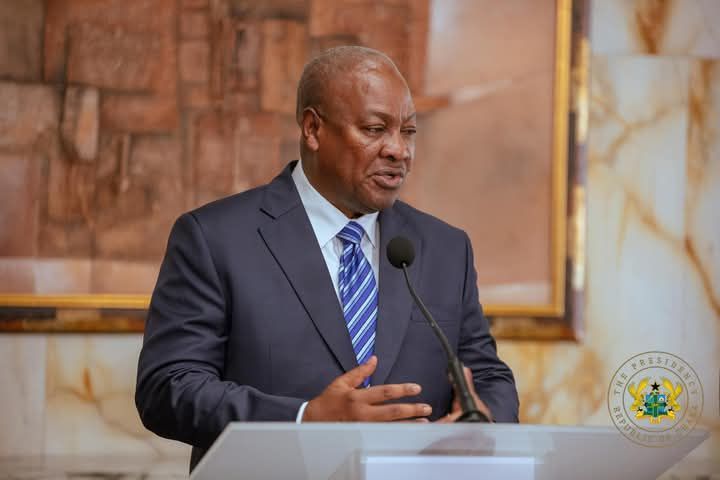
ATTORNEY GENERAL and Minister of Justice, Dr. Dominic Akuritinga Ayine, has firmly dismissed calls for President John Dramani Mahama to suspend ongoing processes related to the petitions seeking the removal of Chief Justice Gertrude Araba Esaaba Sackey Torkornoo.
Responding to arguments raised by his immediate predecessor, Godfred Dame, Dr. Ayine clarified that the President and the Council of State are constitutionally mandated to act on the petitions, and there is currently no court order preventing them from doing so.
Dr. Ayine admitted he had not formally advised the President at the time of his interview but emphasized that nothing in the law stops the President from fulfilling his constitutional obligations.
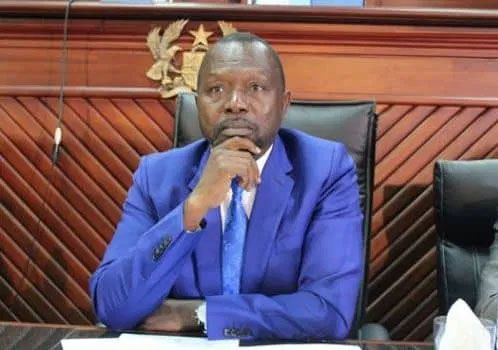
“Dame has filed an application in court. The court is yet to make an order. So if he says that the President must hold on, is he suggesting the court has already issued an injunction? That is not the case,” Dr. Ayine argued.
He stressed that constitutional duties must be performed without undue interference: “The law is very clear that you cannot enjoin the performance of a constitutional duty or a public obligation,” he added.
Meanwhile, a new opinion poll by Global InfoAnalytics indicates that a majority of Ghanaians support the ongoing processes aimed at the possible removal of Chief Justice Torkornoo.
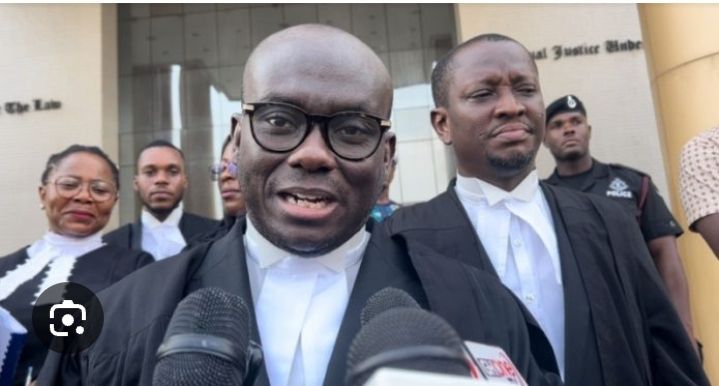
The poll, conducted between April 7 and April 16 with a sample size of 2,545 voters, boasts a 99% confidence level and a margin of error of ±1.51%.
Key findings from the survey include:
● 52% of voters support the Chief Justice’s removal.
● 18% are neutral, 11% have no opinion, and 20% oppose the move.
● Regional breakdown shows that in Greater Accra, 58% support her removal while 16% oppose it. In the Ashanti Region, 37% support versus 32% opposition, and in the Central Region, 51% back her removal compared to 16% against.
● Majority support was recorded across all education levels, with 57% support among those with Junior High School education, 50% among those with Senior High School education, 54% among tertiary graduates and 37% among those without formal education.
Interestingly, Ahafo and Upper East were the only regions where more voters opposed the removal.
The issue continues to spark intense national debate as Ghanaians await the next steps in the constitutional process.
Source: Nationaltyme.com
